On January 27, 1932, after many months of being politely threatened with legal action, Pessoa finally settled with a law firm representing Lourenço & Santos, then the finest tailors in Lisbon. Though he often found himself practically penniless, relying on friends to pay his share of the lunch tab, the poet never scrimped on clothes or books. His account in arrears with the tailor had amounted to 200 escudos (roughly equivalent to $150 U.S. today). He still owed 150 escudos to the Livraria Portugália for books on esoteric orders and traditions purchased the previous summer, but in the coming months he would also manage to repay that debt.
Portugal suffered the worst effects of the Great Depression in 1931, but because its economy was still dominated by agriculture, unemployment never climbed to more than 6% (as compared to 15% elsewhere in Europe, and as high as 30% in Germany), and by the following year a timid recovery was already under way. The dismal state of Pessoa’s finances also showed faint signs of improvement, thanks to a new source of income. Besides his letter-writing in English and French, he was translating poetry and prose by Eliezer Kamenezky, a Russian Jew who had learned Portuguese in Brazil, where he preached vegetarianism and nonmaterialism between 1915 and 1919. One of the dozens of articles about him published in the Brazilian press had called him ‘The Apostle of the Simple Life.’ Characters like Kamenezky, more plausible in works of fiction than in real life, instinctively gravitated to Pessoa, and he to them.
Kamenezky was born in 1888, a couple of months before Pessoa, in Luhansk, Ukraine, which was then part of Russia. He began practicing naturism, healthy eating and detachment from worldly goods as a young man, living as a nomad in Western Europe and the Middle East. Tall and wearing only a white robe, with long flowing hair and a full black beard, he resembled a biblical prophet. In 1914 he tried to take his antimaterialist gospel to the United States but found few receptive listeners, whereupon he went south to Argentina and Brazil. In 1920 he sailed to Lisbon and settled down, still an exotic figure but less so with the passing years. By the time he hired Pessoa as a translator, in 1930, he was a successful dealer in antiques, porcelain, and art objects.1
It was in Portugal that Kamenezky began to write poetry in earnest, with the help of Maria O’Neill, a poet, journalist, vegetarian, spiritist and, in 1921, founding member of the Theosophical Society of Portugal. She corrected his written Portuguese and may have typed up the poems that were passed on to Pessoa, who did some tweaking of his own before translating them into English and, in a few cases, French. Around 1927 Kamenezky dictated to O’Neill his Memoirs of a Wandering Jew (Memórias de um judeu errante), later retitled Globe-trotting (Peregrinando). Pessoa translated more than three hundred pages of this auto-biographical work, which has never been published in Portuguese or English. Kamenezky also wrote – and Pessoa translated – dozens of prose poems.
For several years Pessoa was a regular visitor to Kamenezky’s dusty antique shop, located in the Bairro Alto on the Rua São Pedro de Alcântara, just opposite the garden of the same name.2 He went there to pick up and drop off translation work, but also just to talk with the owner. The medieval legend of the Wandering Jew, condemned to roam the Earth until the Second Coming of Christ, had always fascinated Pessoa, who began to write his own version of the tale while studying at the School of Arts and Letters, and now he knew a man who for much of his life had been a veritable wandering Jew.
Kamenezky’s plans for disseminating his poetry in English and French never came to fruition, but in March 1932 he published Wandering Soul (Alma errante), a book of poems for which he prevailed on Pessoa to write a preface. Who better than a fellow poet to comment on one’s work? So Kamenezky must have reasoned, but what Pessoa wrote was a dense essay on Jewishness and Jewish influence in the world. He began by discussing the ‘essential’ materialism of the Jewish people, discernible in their ‘traditionalist patriotism’, in their ‘Kabbalistic speculation’, and in their social idealism as manifested in doctrines ranging from egalitarianism to naturism (this a nod to Kamenezky). Although he blamed tsarist tyranny for the Russian Revolution, Pessoa argued that ‘oriental Jews’, and Russian Jews in particular, because of the tremendous oppression they suffered, had developed and propagated a ‘mystical egalitarianism’, which was embraced by the ‘European stupidity’ of the proletarian class and thereby enabled the rise of communism.
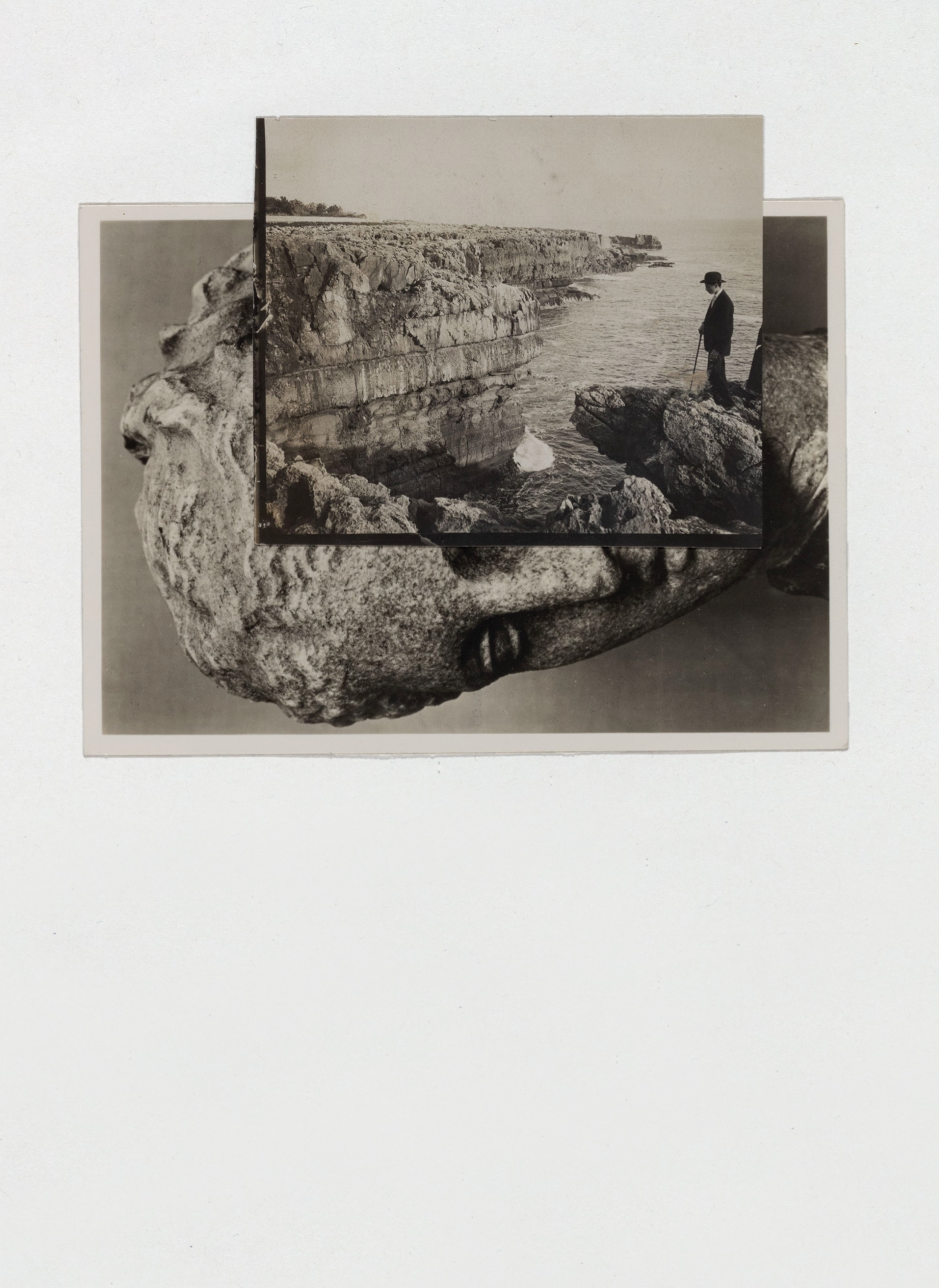
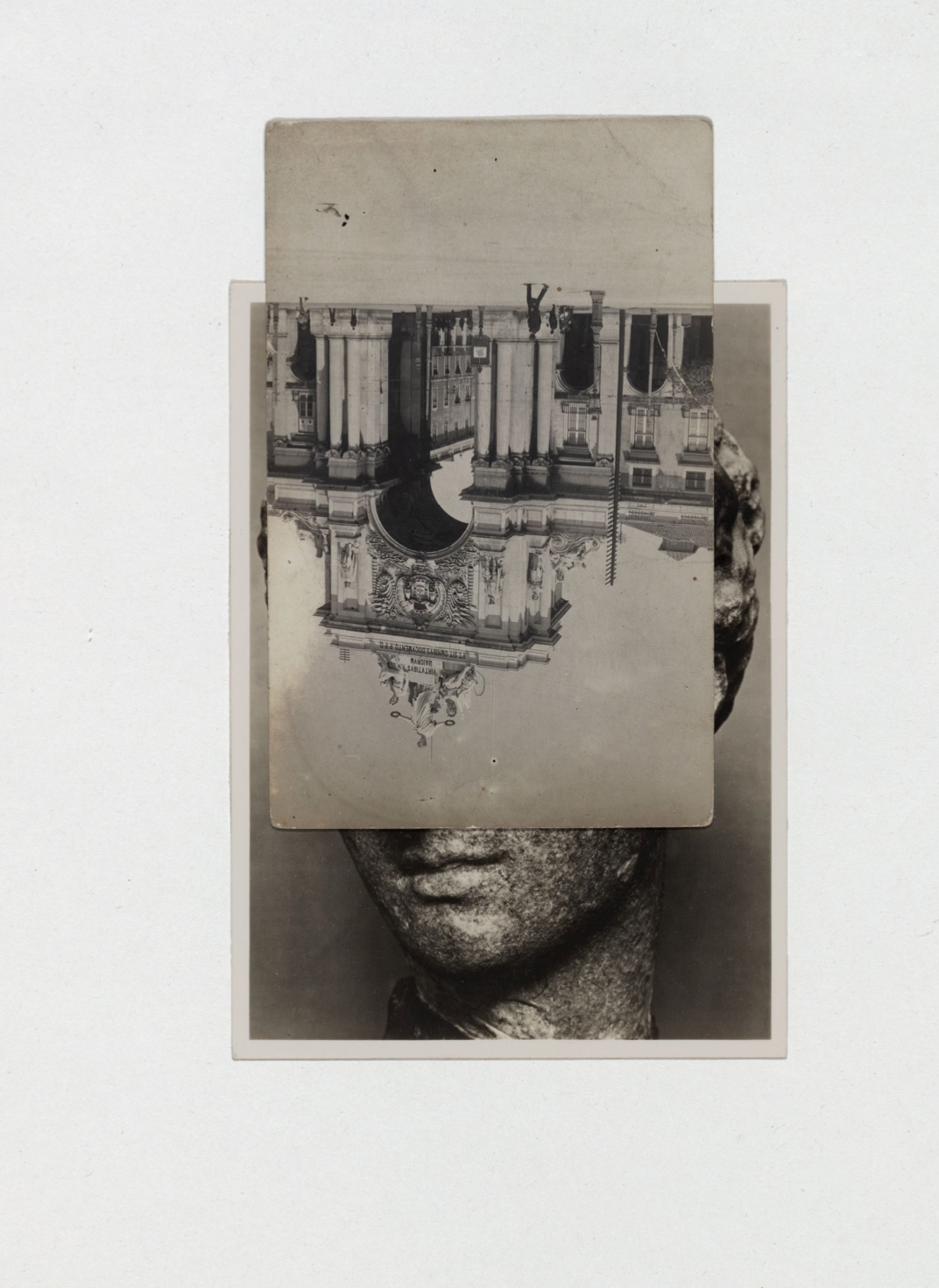
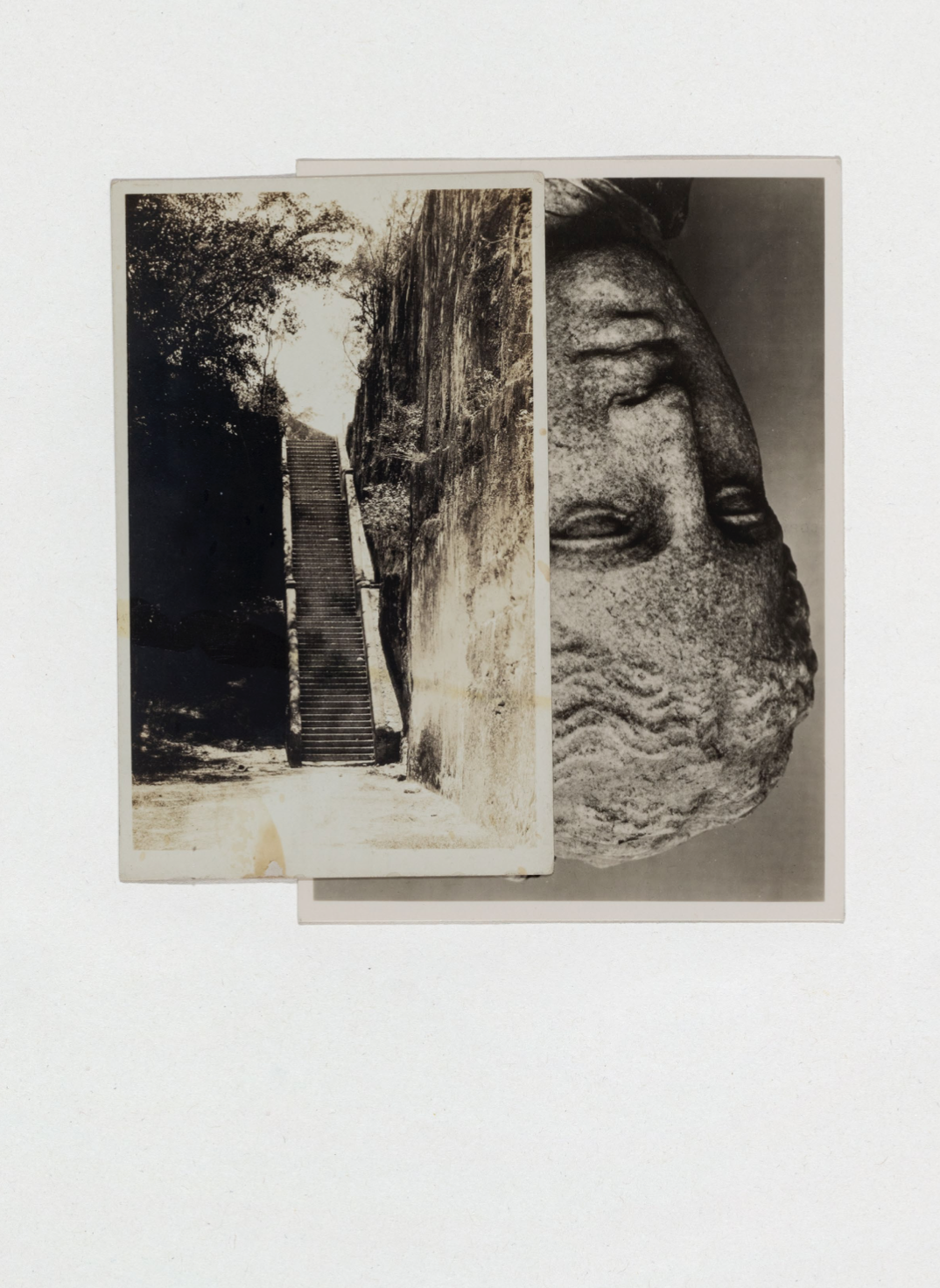
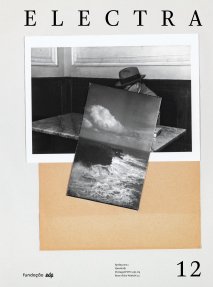
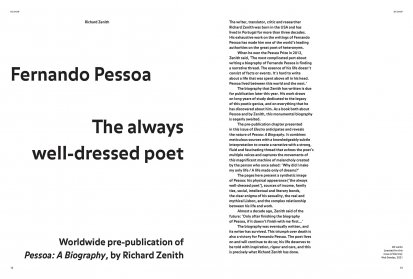
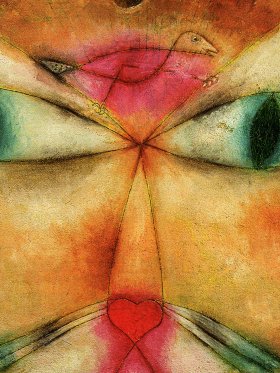
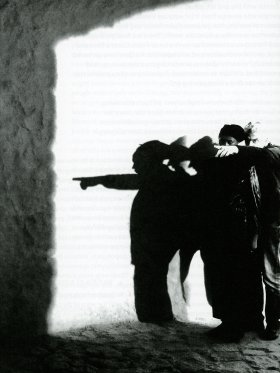

Share article